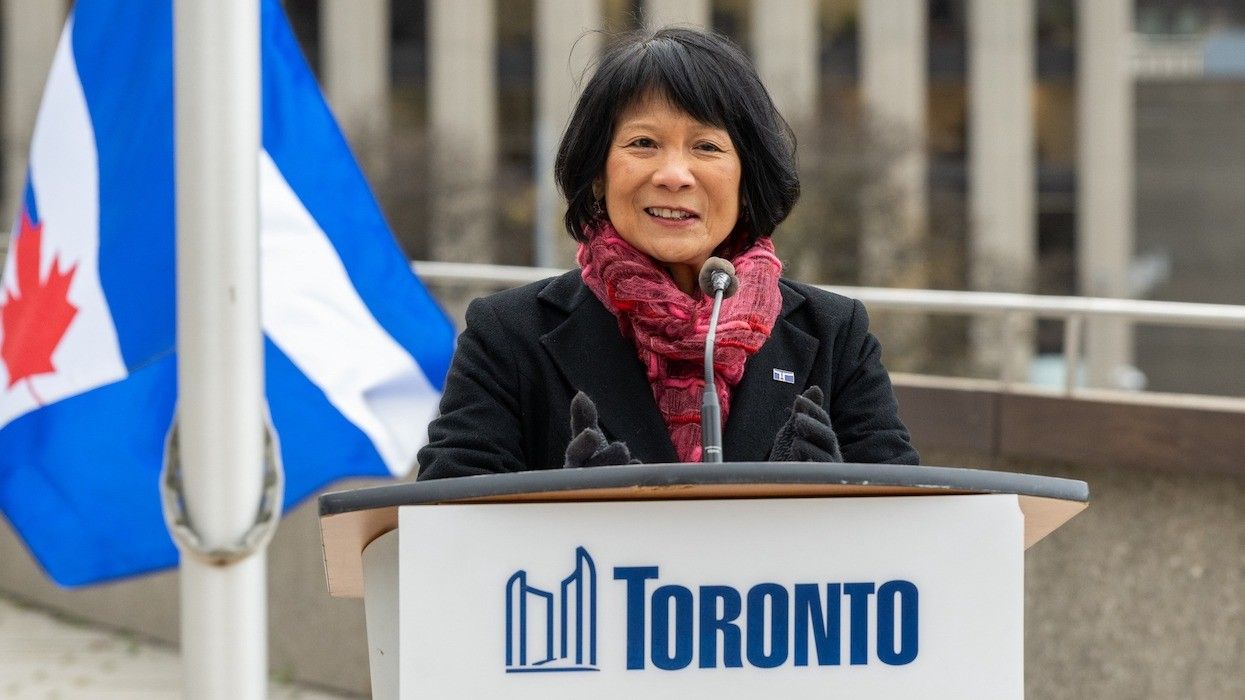Property taxes and tariffs were top of mind for Toronto city councillors this week, who convened on Tuesday to hash out the final version of the 2025 budget. Despite a laundry list of motions to amend it, Mayor Olivia Chow’s version of the budget — tabled on January 30 and comprised of an $18.8-billion operating budget and a $59.6-billion capital plan — was approved more or less as is.
Predictably, the attention-grabber in this year’s budget was the 6.9% residential property tax increase, which comprises 5.4% to support the City’s operating budget for the year, as well as a 1.5% building levy to be used to support and advance critical infrastructure projects. This is the same rate of increase that was floated by City staff on January 13, when they kicked off the budget process, and will translate to an increase of $210 annually for the average assessed value of a Toronto home ($692,031) or approximately $17.50 per month, according to the City.
Alongside base property tax increases of 2.7% for multi-residential properties, 2.7% for commercial properties, and 5.4% for industrial properties, the increase to the residential rate was ultimately approved by Council in a 19 to 5 vote.
This was despite a motion brought by Ward 1 Councillor Vincent Crisanti (Etobicoke North) to bring down the increase by 2% by decreasing the property tax revenue in the 2025 Operating Budget by $92.9 million. To offset the decrease, Crisanti’s motion called for a one-time withdrawal of $37.9 million from the Tax Rate Stabilization Reserve Fund, as well a 1.3% ($55 million) reduction in expenditures across all City departments. Crisanti’s motion was ultimately ruled out of order.
The 6.9% increase approved in the 2025 budget follows last year’s tremendously contentious increase of 9.5% for residential properties (8%, plus the building levy), which marked the largest increase since the city's amalgamation. Though this year’s increase is more in line with what we saw in 2023 under former Mayor John Tory, who opted for a 5.5% increase (7%, plus the building levy), it still marks the third straight year of significant increase. For further context, the increase was just 2.9% in 2022.
Meanwhile, Ward 19 Councillor Brad Bradford (Beaches–East York) brought a last-minute motion at Tuesday’s meeting to provide tax relief for businesses that might be adversely affected by US President Donald Trump's tariffs, including the 25% tariffs on all steel and aluminum imports from Canada to the US, confirmed earlier this week.
With those tariffs coming into effect on March 12, and more potentially looming, Bradford’s motion called for a 25% reduction to the industrial property class tax rate by decreasing property tax revenue ($5.64 billion) by $30.4 million. To offset that decrease, Bradford proposed a one-time withdrawal from the Tax Rate Stabilization Reserve. His motion was ultimately voted down, with Chow voicing her opposition to digging into the City’s “rainy day” funds.
A press release put out by the City on Tuesday afternoon lays out where the City will be investing its $18.8 billion-operating budget in the coming year. On the housing front, this includes a $1-million allocation to the Rent Bank to assist up to 2,700 households, a $800,000 investment into the City’s existing eviction prevention programs, and a $712,800 investment into existing tenant support services. As well, the City says it will be putting funds towards its new renoviction bylaw, passed in November, and the waiver of development charges to unlock 8,000 affordable homes and accelerate the construction of 6,000 rental units.





















